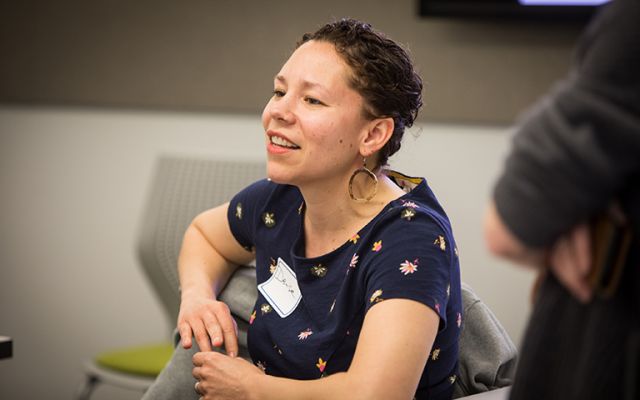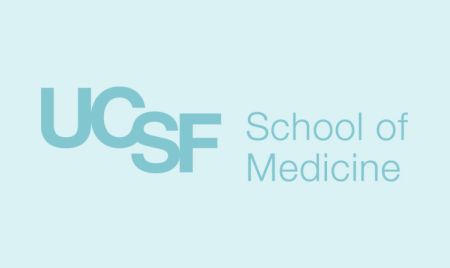Inspirational Educators: Denise Connor, MD, New Director of UCSF's Anti-Oppressive Curriculum

Denise Connor, MD
I had the opportunity to catch up with Denise Connor, MD, Associate Professor of Medicine, who is the new Director of UCSF's new Anti-Oppressive Curriculum in the School of Medicine. Denise also serves as the Director of the Diagnostic Reasoning block, Co-Director of the Academic and Leadership Academy ALAS Program and the Gold-Headed Cane Endowed Teaching Chair in Internal Medicine for the Academy of Medical Educators. She's the inaugural Chair of the Academy of Medical Educator’s Diversity, Equity and Inclusion Committee and was inducted into the Academy in 2016 as well as completing the Teaching Scholars Program (TSP).
What inspired you to become a medical educator?
I have always found communicating and connecting with others to be incredibly rewarding -- and I think being a teacher ultimately offered me the chance to do that with diverse learners at different stages of their careers, with the bonus of partnering with them as they communicated and connected with patients. Being part of a culture committed to life-long learning and growth was also incredibly appealing to me -- I've always been one of those people who loved to go to class, to learn new things, to have those moments where a new perspective opened up the world for me in a new way. I think I gravitated toward being part of a community that values the continued search for knowledge and understanding. I'm surrounded by people who share those values in medical education, and their company sustains and inspires me.
What is something you have learned from one of your mentors?
I've been fortunate to have a whole team of amazing mentors, and I've learned and continue to learn so much from each of them. I think one lesson from early in my career that stuck with me was taking a little time after a project to consciously reflect on what about it excited me and got me out of bed in the morning, and what about it felt more like 'work.' Taking time to reflect in that way has helped me to chart my path in a way that feels authentic to my core values.
Congratulations on your new role! What personally excites you about this position and program?
What challenges do you anticipate in the first few years in this position?
Thank you! I am so honored to be in this role -- finding our way toward an anti-oppressive approach and focus across our entire four-year curriculum is so critically important, and I couldn't be more proud or humbled to be leading our AOC (anti-oppression curriculum) efforts. So much about this work is exciting. I think one thing that excites me is the chance not only to consider the kinds of content we need to integrate into our curriculum but also how we can bring an anti-oppressive approach to our teaching strategies. For example, Paulo Freire, one of the founding thinkers of anti-oppression in education, points to the need to understand learners as teachers and teachers as learners—acknowledging both the strengths and learning edges that all of us have and seeing our community as a community of learning partners, rather than as a rigid hierarchy of 'knowers' and 'receivers' of knowledge will be critical to embodying an anti-oppressive approach.
I am particularly excited about the opportunity to collaborate and learn from our UCSF community and our community partners and experts outside of UCSF and outside of healthcare. I have no doubt that my perspective will be opened up and enriched through this work, and I can't wait to call everyone in to join us. One of the challenges I'm anticipating is recognizing that this work will never be 'finished,' but rather that we are setting off on a path toward anti-oppression. This path doesn't have a final endpoint but is defined by being committed to staying on it. Thinking about how both to collaborate with leaders across the curriculum to make fundamental, concrete changes now, and how to ensure that we create systems that will guarantee that we are continuously re-evaluating and re-considering where we are in a way that will allow us to continue this lifetime of work will be a key balance for us to find.








